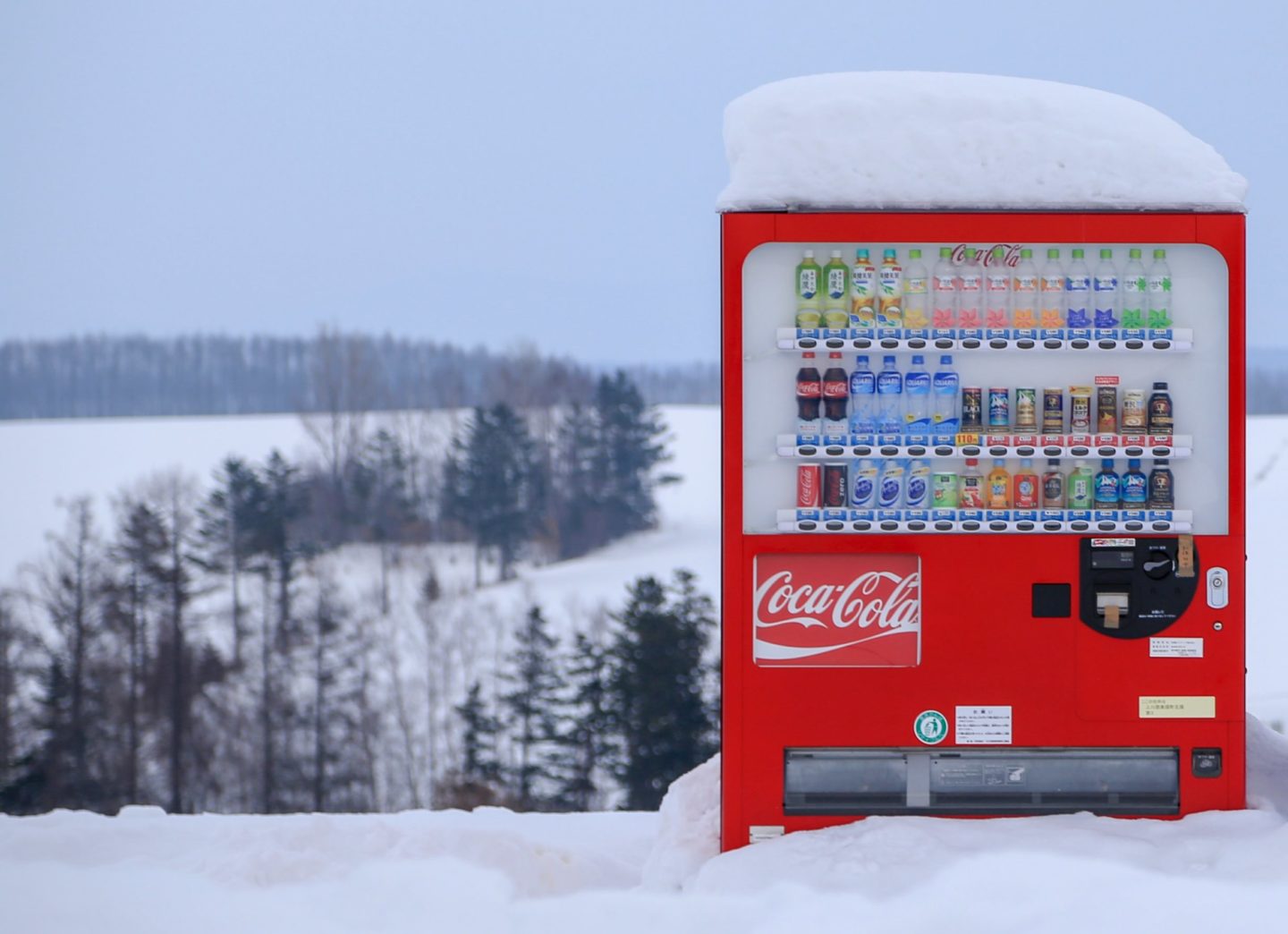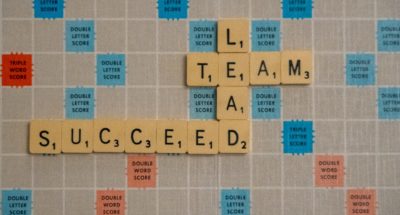Consumer psychology is key when passing on costs: maintaining profit is considered fair but increasing profit is not.
Inflationary times can enable companies to review their entire pricing strategies. But before rushing into price hikes, executives should first reflect on some key underlying points about customer psychology that also apply in times of inflation.
Doug Ivester, the former Coca-Cola president and chair, was once challenged about price fairness. Asked about rumors of a vending machine whose prices would change according to the weather, he replied: “Coca-Cola is a product whose utility varies from moment to moment. In a final summer championship, when people meet in a stadium to have fun, the utility of a cold Coca-Cola is very high. So it is fair that it should be more expensive. The machine will simply make this process automatic.”
The group had no concrete plans for such a device, although it clearly may well have existed in the labs. But after a global outcry from consumers and media, it was forced to deny any such initiative.
The episode may seem odd today amid ready acceptance of price discrimination (known more benignly as “yield management”) among airlines, hotels, and some tourist attractions. Behavioral economics suggests the perception of fairness is often related to the customer’s concept of a “reference transaction”, in turn central to the theory of “dual entitlement” (Kahneman, Knetsch, Thaler, 1986). Dual entitlement suggests customers feel entitled to a fair price. They also acknowledge the firm, or vendor, is entitled to a fair profit.
Three principles are essential to perceived price fairness (Urbany, Madden, Dickson, 1989). First, raising prices to maintain profits is perceived as fair. Second, raising prices to increase profits is perceived as unfair. Finally, maintaining price despite a cost decline (leading to increased profits) is considered fair, since customers will continue paying the price they feel entitled to.





